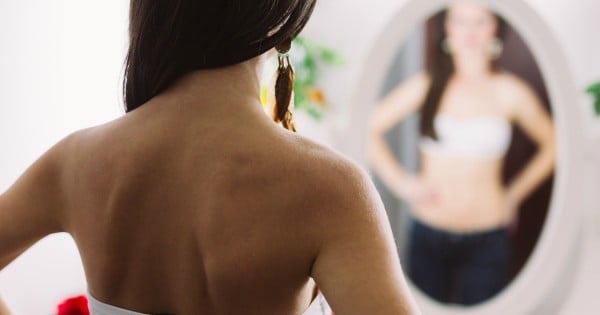
It seemed as though my world turned upside down when I was 43. I never saw it coming. I never expected to feel so unworthy or hopeless in my life. I was ignorant to the fact that women in mid-life can be at risk of developing anorexia nervosa.
Had I known this, would it have prevented me from becoming ill? Probably not. But, it may have made the acceptance of the diagnosis less confronting and reduced the shame and confusion I felt.
I am now 55, recovered and can look back at this experience in a somewhat detached way that makes it all feel a bit surreal.
So how did my life change so dramatically? In 2004, my life was somewhat typical of professional women of my time, who believed in the persona of Superwoman and thought that woman could do it all. I held a senior position in a private boys school, a job I enjoyed and gave 100% to. I had four school age children (ages 11-18) who all had busy lives and I gave 100% to my family. My husband had his own Accounting Firm that was growing and I supported him 100%. The maths doesn’t really add up.
At some point in this frantic lifestyle, I was invited by some girlfriends to try out Pilates, a fairly new phenomenon and it sounded like fun. Pilates gave me a few moments of respite in my week. I had not been a committed exerciser, nor had I seriously participated in sports teams during my teenage or young adult life so this was a new experience for me. I started exercising at a vulnerable time in my life.
Meshel Laurie interviews a woman for her Nitty Gritty Committee podcast, who managed to overcome anorexia. Post continues after audio.
Did I begin this for the sake of my body or well-being? I had never had an eating disorder before, however I had been what I regard as a ‘failed dieter’ as a teenager and young adult. I remember as a school girl taking ‘diet sticks” (a type of nutrition bar) to school as my lunch and at university I had been on the Israeli Army diet, and the Grapefruit Diet. These were only ever short lived and I would resume normal eating. The interesting thing to me now is, that during these times I was in the normal healthy range with respect to my BMI. So these same body esteem or acceptance issues were underlying my desire to not “gain weight and become heavier in my 40s.”

